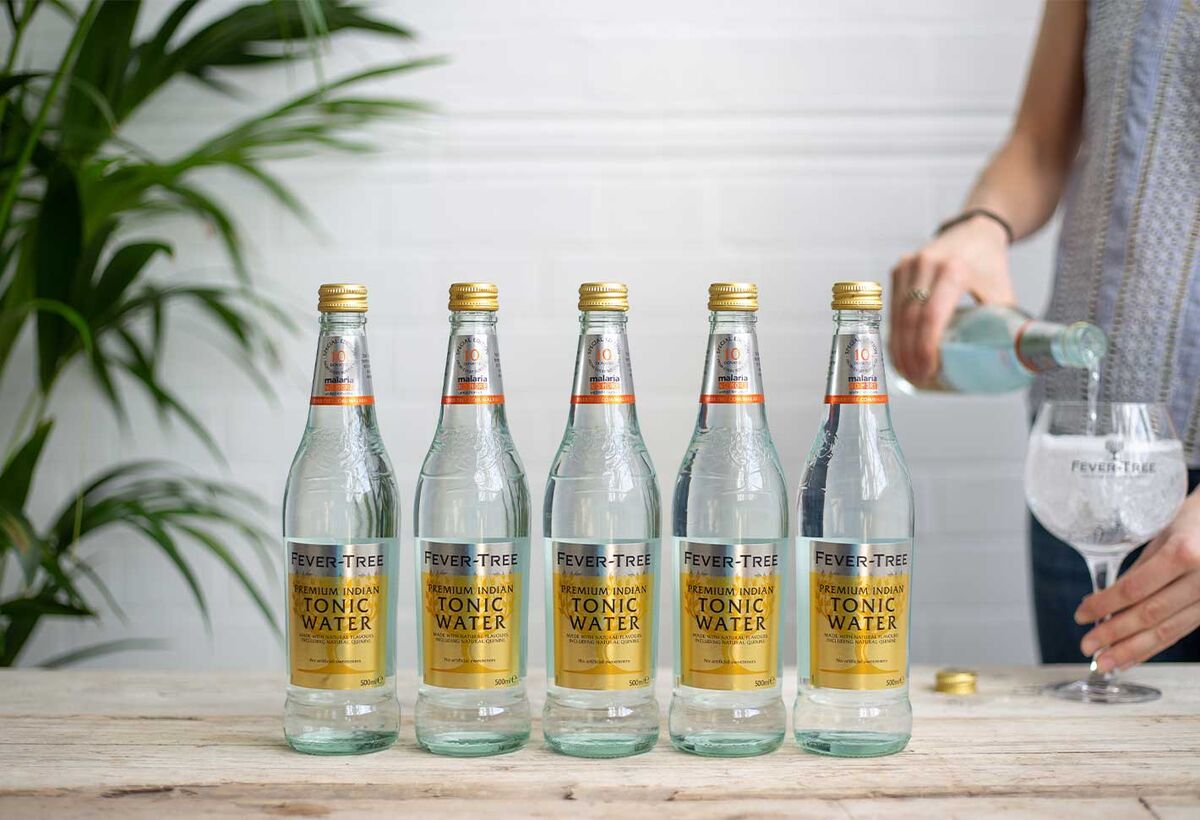COMMUNITIES
Partnering with producers and suppliers to protect human rights and continue to engage in the fight against malaria.

Malaria
Malaria is one of the world’s oldest and deadliest diseases – so lethal and ancient is the infectious disease that it is said to have killed half of all humans who have ever walked the face of the earth. Malaria cripples economies, crushes communities and causes heartbreaking loss. The majority of deaths from malaria are in children under five – a child still dies from malaria every minute – with progress threatened by challenges such as drug and insecticide resistance and the impacts of climate change.
The fight against malaria means a lot to us at Fever-Tree; it’s more than just a worthy cause. In fact, it’s part of the reason we exist, and is interwoven throughout our DNA. Quinine is an essential core ingredient of tonic, and it is often asserted that the quinine-producing cinchona tree, known colloquially to local growers as “the fever tree”, was hugely important in humanity's fight against malaria. Since then, medical advances and prevention tools have drastically curbed its power, but more needs to be done to eradicate malaria for good.
Responsible Sourcing


